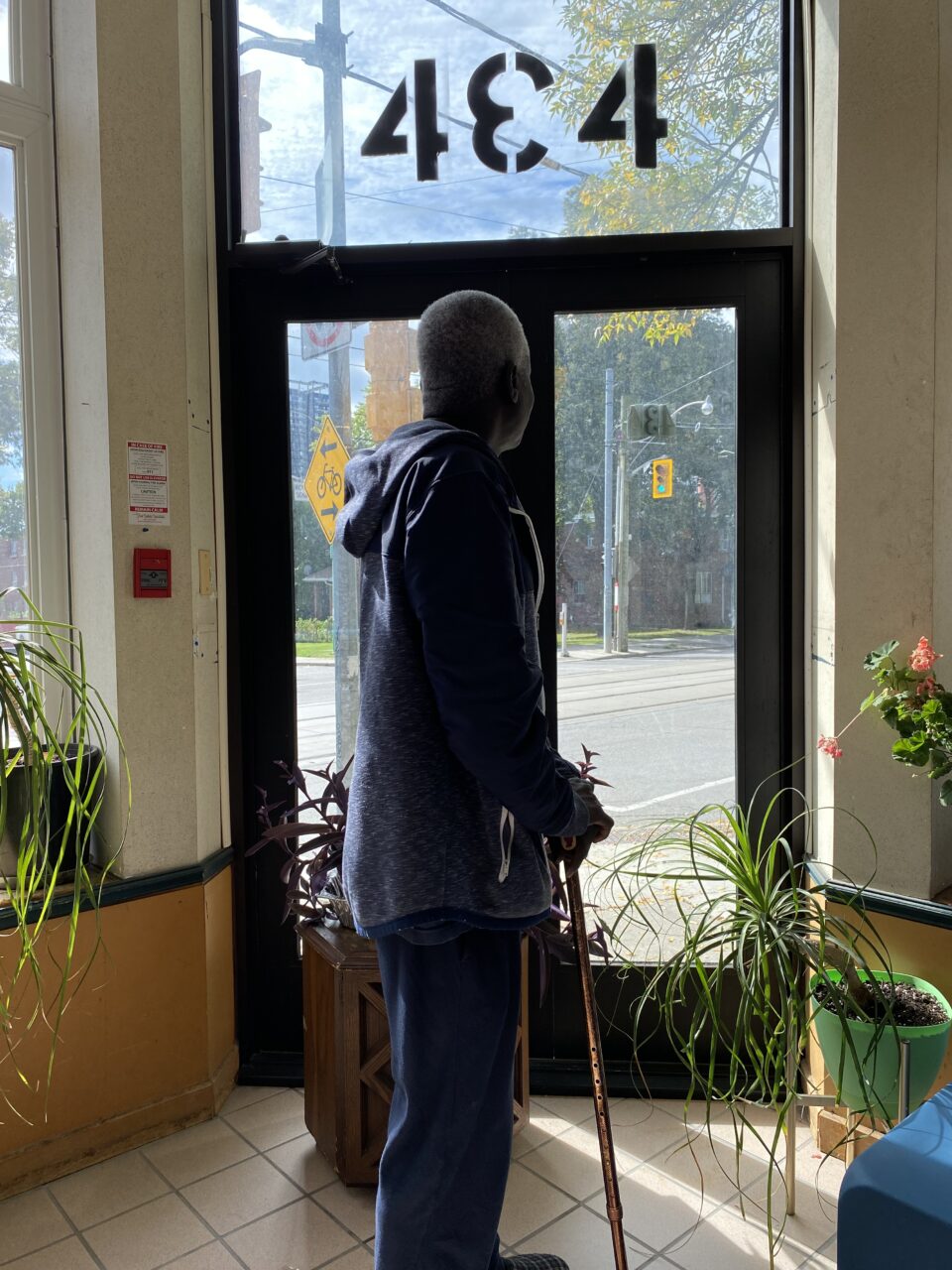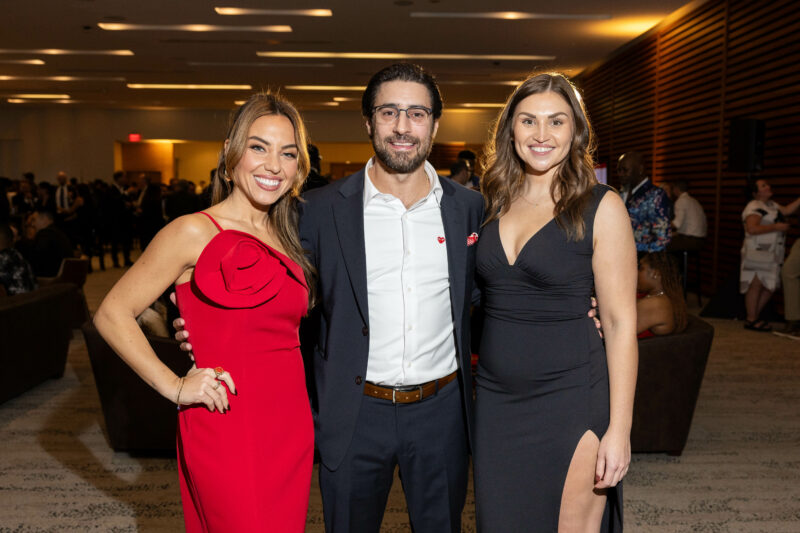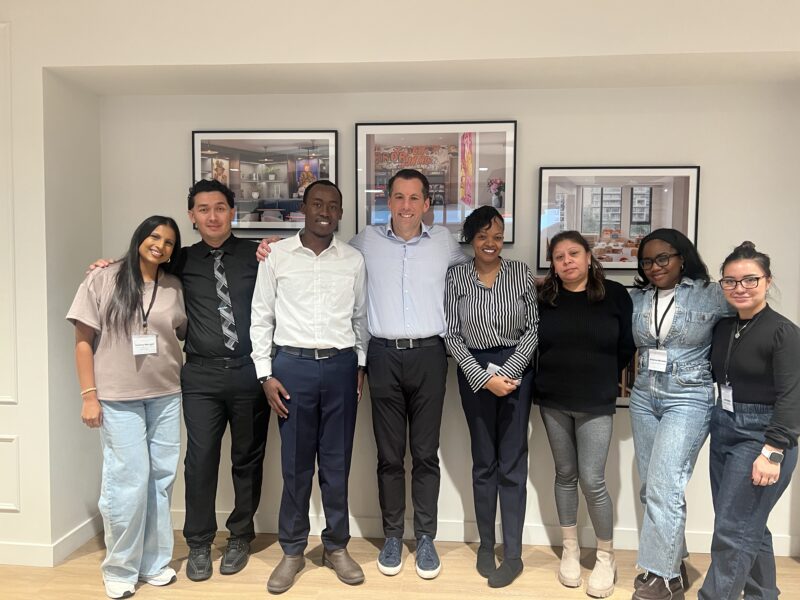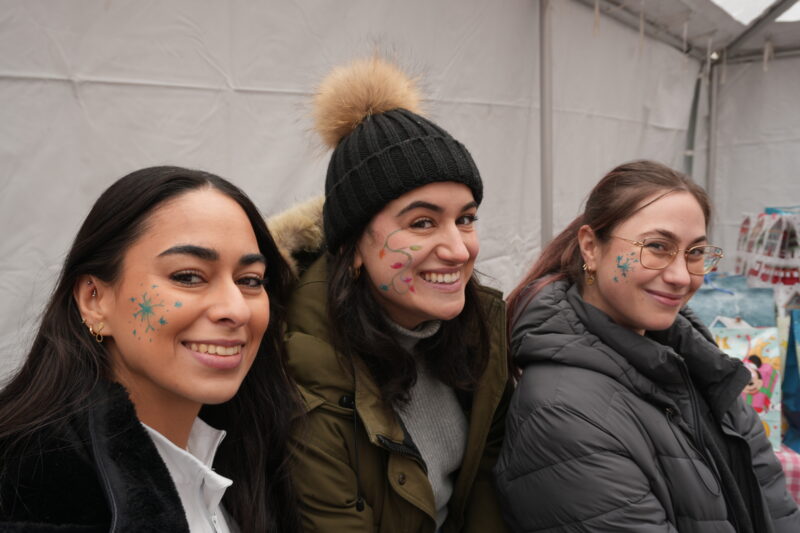World Eyesight Day – October 10th, 2024

My name is Peter B., and I’m originally from Sudan, Africa, born in 1961, making me 63 years old. A passion for acquiring knowledge has shaped much of my life, with most of my activities centered around learning about the world we live in. I enjoy reading history, biographies, and books on sports and health-related topics. As I am pre-diabetic, at night, I like to exercise in the community room basement. My routine is fast-paced walking, stretching and doing chair exercise. Sometimes I like to watch TV, for example watching movies or reading news on the computer.
Some of the subject that I enjoyed learning about was Resource Management courses in International Relations and Jewish Studies. At the University of Toronto, I took Great Lakes Studies to learn about the connection with Indigenous peoples. A lifelong love of reading and staying connected to the world and its stories led me to take Anthropology courses as well, which deepened my understanding of different cultures and people.
I came to Toronto as a refugee from Africa. My family crossed to Ethiopia as refugees, for 1977 – 1997, where I had the opportunity to finish my high school and college. Then moved to Canada, sponsored by his brother, through the Calvary Church, close to Pape Subway, in 1997. When I arrived, I stayed with a family for 6 months, then after, I moved downtown. I got a job in Mississauga as a factory worker. After so many years of doing diverse service jobs, I applied to RGI with Homes First in 2002. After one week, I got a room at 90 Shuter, 4W4, 4th floor, where I lived for 7 years, until 2009. Then I was transferred to a self-contained Unit at Pleasant Manor.
In 2006 my health started to decline, but I continued to take courses at the University of Toronto. In 2015, when was working at a company in the West side of the City, I realized I was getting cataracts, so I visited the eye doctor, and was transferred to TWH and scheduled for surgery to remove eye cataract, but the family doctor at time said the surgery was not needed, therefore, the opportunity to get the eye surgery was missed.
As time went by, without eye treatment or surgery, until 2019, my eyesight was declining considerably. One day I woke up and was not able to be see. By then, both eyes had cataracts. Despite getting glasses prescribed, no advice was given to get the surgery. I tried to use magnifying glass to read, but it did not help. By 2020, I felt I was going blind, therefore my mental health and independence was heavily affected. I started to neglect myself and lost a lot of weight.
During that year, 2020, two Intensive Management Workers were assigned to our building. I spoke with them, and they took me to the Eye Clinic at Moss Park, organized by the St Michael’s Hospital Eye Clinic for underserved communities. They referred me for surgery for both eyes to Toronto Western Hospital. The medical team was very concerned that my eyesight was much damaged and could be lost. At that point, I was not able to recognize anybody, as I could not see at all. The ICM’s had to take me to appointments by holding my hand or shoulder. I was so dependent on others to the point of suffering, because I had to hold the stair rails, and was afraid to fall. I needed support from day-to-day chores. The ICM’s helped me with shopping and preparing my meals. In October 2020 I had surgeries in both eyes. The ICM’s helped greatly with the post-surgery care, medication reminders and grocery shopping.
A few weeks after the surgery I was able to see, my eyes got strong, and I regained my independence. Knowing that I live by myself, I was relief.
Message to others on World Eyesight Day, October 10th:
If you feel your eyes are changing or do not look properly, see the doctor. Get treated soon. Do not wait until you do not see anything, because you might be losing your eyesight without realizing it.
As I love reading and watching TV, I highly appreciate the support received through such challenging times.
The Canadian Association of Optometrists reports that:
- Approximately 285 million people worldwide live with low vision and blindness
- Of these, 39 million people are blind and 246 million have moderate or severe visual impairment
- 90% of blind people live in low-income countries
- Yet 80% of visual impairment is avoidable – i.e. readily treatable and/or preventable
- Restorations of sight, and blindness prevention strategies are among the most cost-effective interventions in health care
- The number of people blind from infectious causes has greatly reduced in the past 20 years
- An estimated 19 million children are visually impaired
- About 65% of all people who are visually impaired are aged 50 and older, while this age group comprises only 20% of the world’s population
- Increasing elderly populations in many countries mean that more people will be at risk of age-related visual impairment.
To learn more about how you can support individuals like Peter, visit https://homesfirst.on.ca/get-involved/
This interview was conducted by Ana Cisneros, DEI and Programming Supervisor


